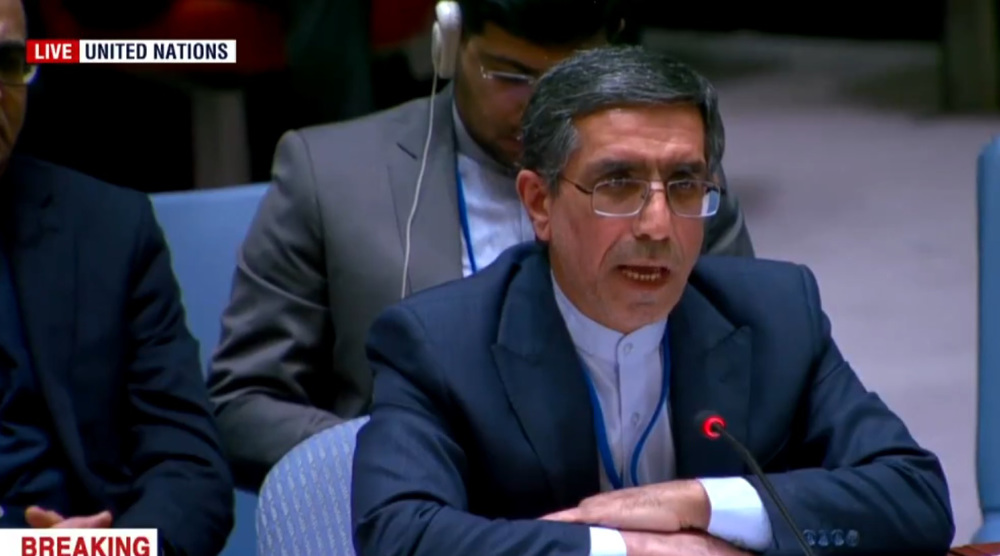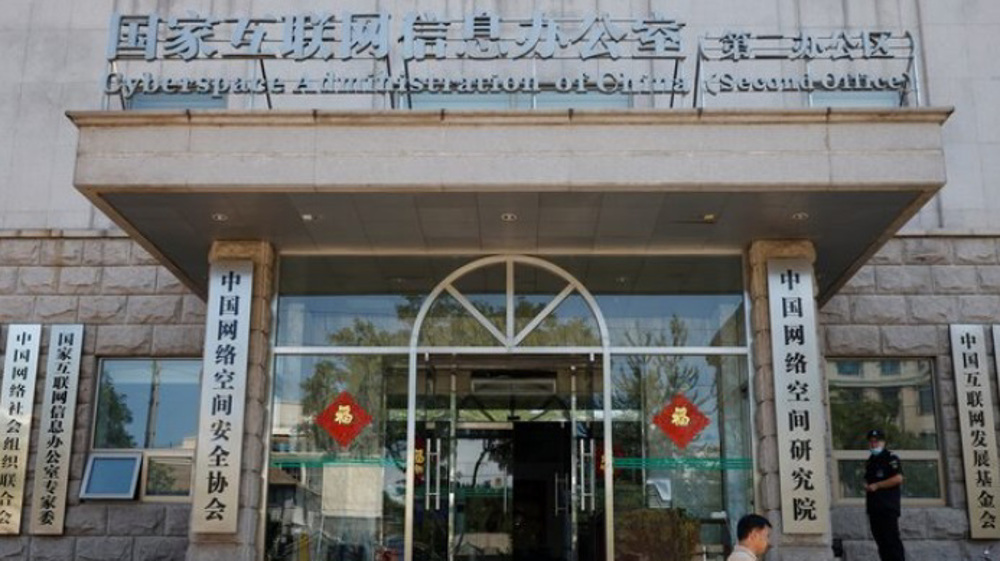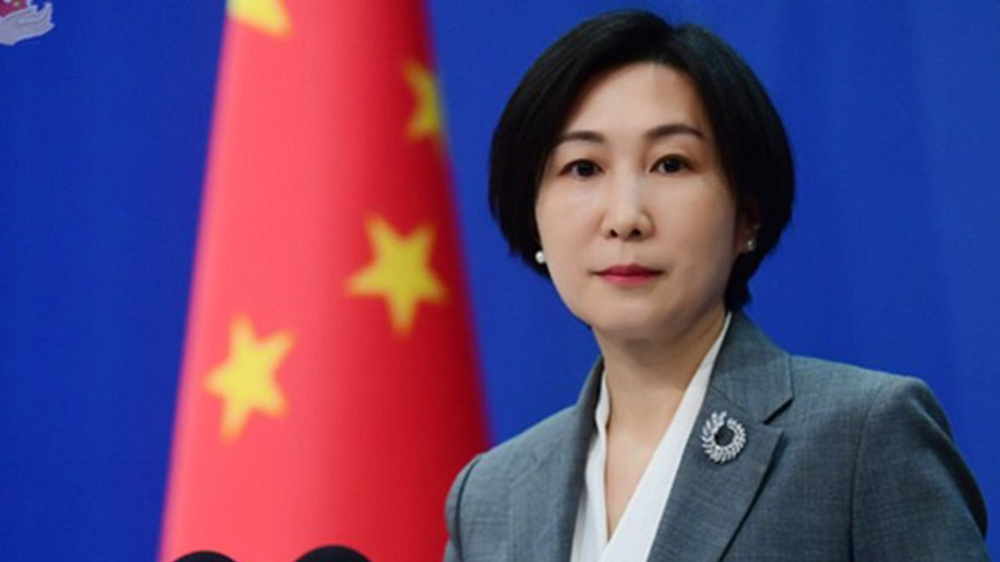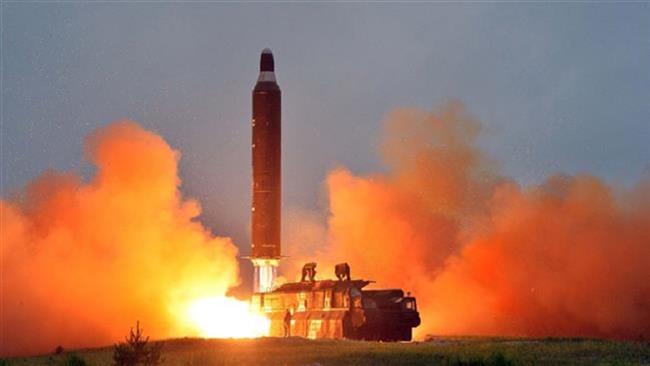China targets North Korea with rare trade measure
China has stepped up its own pressure on North Korea over its missile and nuclear programs, suspending imports of North Korean coal, a major source of revenue for the government in Pyongyang.
China’s Ministry of Commerce said in a notice posted on its website on Saturday that, starting February 19, all coal imports from North Korea would be suspended for the rest of the year.
The ministry said the measure was in line with the punitive sanctions imposed last year by the United Nations Security Council (UNSC) against North Korea over earlier missile and nuclear tests.
Invoking the Dragon’s wrath?
China, itself a permanent member of the UNSC, has been North Korea’s major supporter and largest trade partner. But there are indications that Pyongyang’s advancing missile and nuclear programs are also finding opposition in Beijing.
While Chinese officials had said in April last year that they would ban North Korean coal imports in order to comply with UN sanctions against Pyongyang, they never actually halted the imports — until now that is.
What seems to have triggered that decision now was a more recent North Korean missile test. On Monday, a day after Pyongyang tested an intermediate-range ballistic missile, a shipment of North Korean coal worth around one million dollars had reportedly been rejected at Wenzhou port on China’s eastern coast.
North Korea, already under a raft of sanctions for its missile and nuclear programs, says it is developing arms as deterrence against the United States. It says it will not abandon the missile and nuclear programs unless the US ends its hostility toward Pyongyang.
In another sign of Beijing’s frustration at Pyongyang, the Chinese foreign minister has told his South Korean counterpart that his country understood Seoul’s need to protect itself against perceived threats from North Korea.
South Korea has been seeking to have an advanced American missile system deployed on its soil to counter potential aggression from the North. But the installment of the US Terminal High Altitude Area Defense (THAAD) system in South Korea, near Chinese territory, has been strongly opposed by Beijing.
Chinese officials have long complained that the US system would interfere with their radars and could pose a threat to Chinese security.

But in rare remarks made in a Saturday meeting on the sidelines of the Munich Security Conference, Chinese Foreign Minister Wang Yi told his South Korean counterpart Yun Byung-se that Beijing understood Seoul’s security needs. Wang said, however, that South Korea still needed to respect Beijing’s concerns about the planned deployment of the THAAD.
Wang “stressed that one country’s security should not be founded on the basis of harming another country's security,” the Chinese Foreign Ministry said in a statement on Sunday.
Chinese-backed North Korea and the US-allied South are technically still at war because their 1950-1953 conflict ended in a truce, not a peace treaty.
VIDEO | Press TV's news headlines
VIDEO | New wave of Israeli strikes on Lebanon as US suspends ceasefire mechanism
VIDEO | Israeli regime kills three more Palestinian journalists
Canada prime minister hits back at Trump's remarks
Lebanese journalist summoned to court for criticizing president
‘The Voice of Hind Rajab’ receives Oscar nomination
VIDEO | Foreign-backed terrorism in Iran
US-backed riots suffered 'humiliating' defeat in Iran: Yemeni leader















 This makes it easy to access the Press TV website
This makes it easy to access the Press TV website